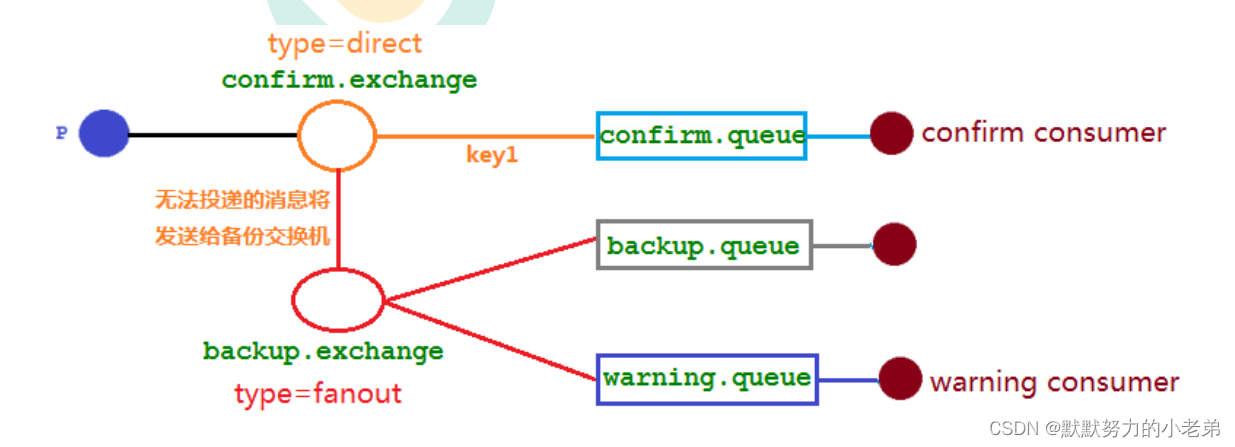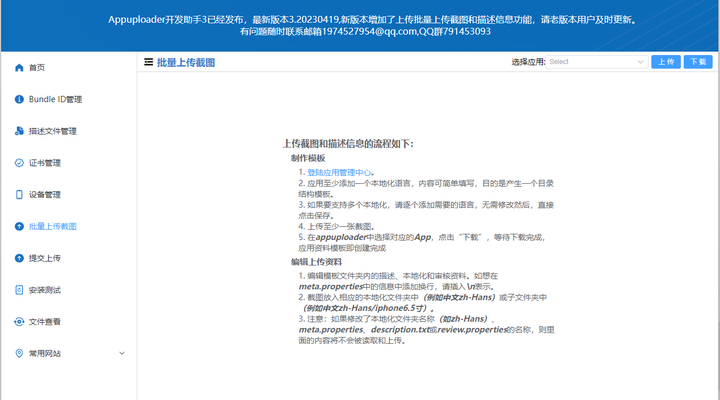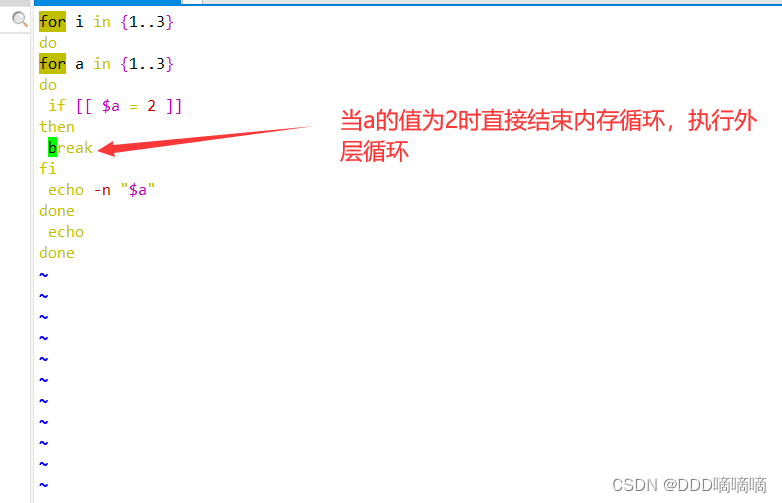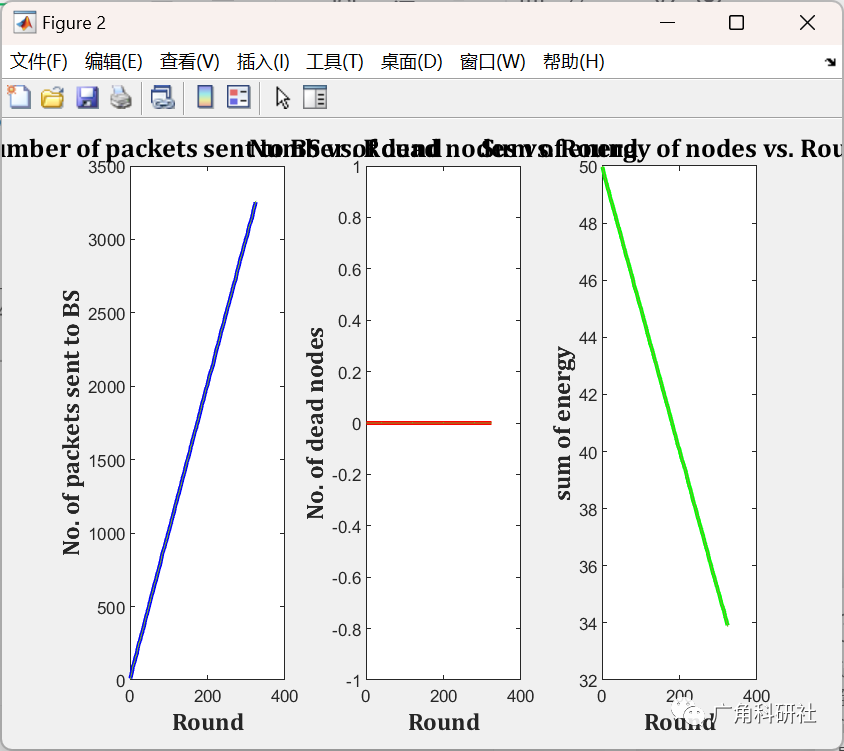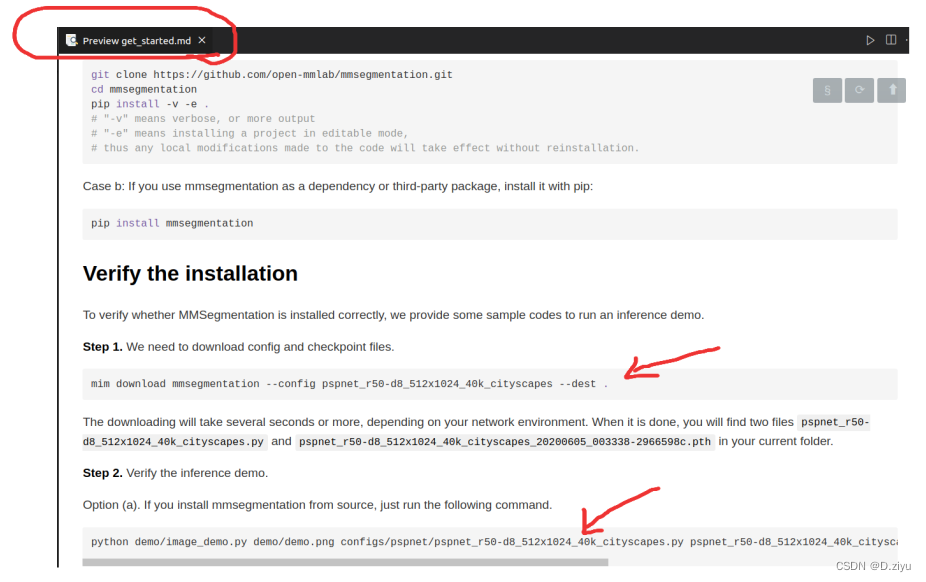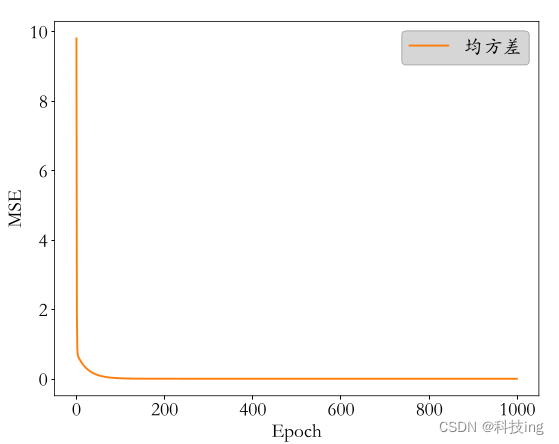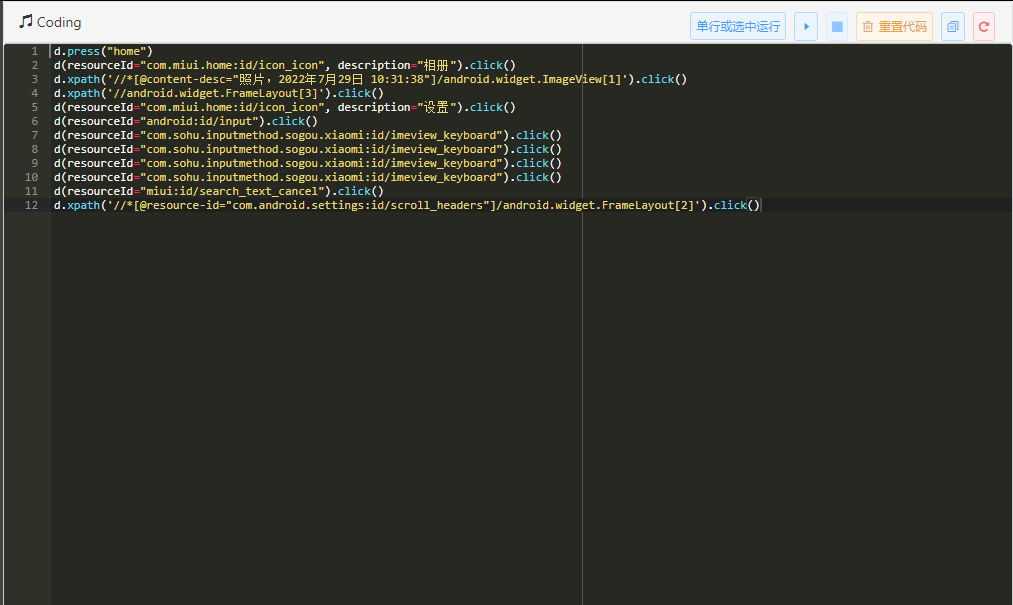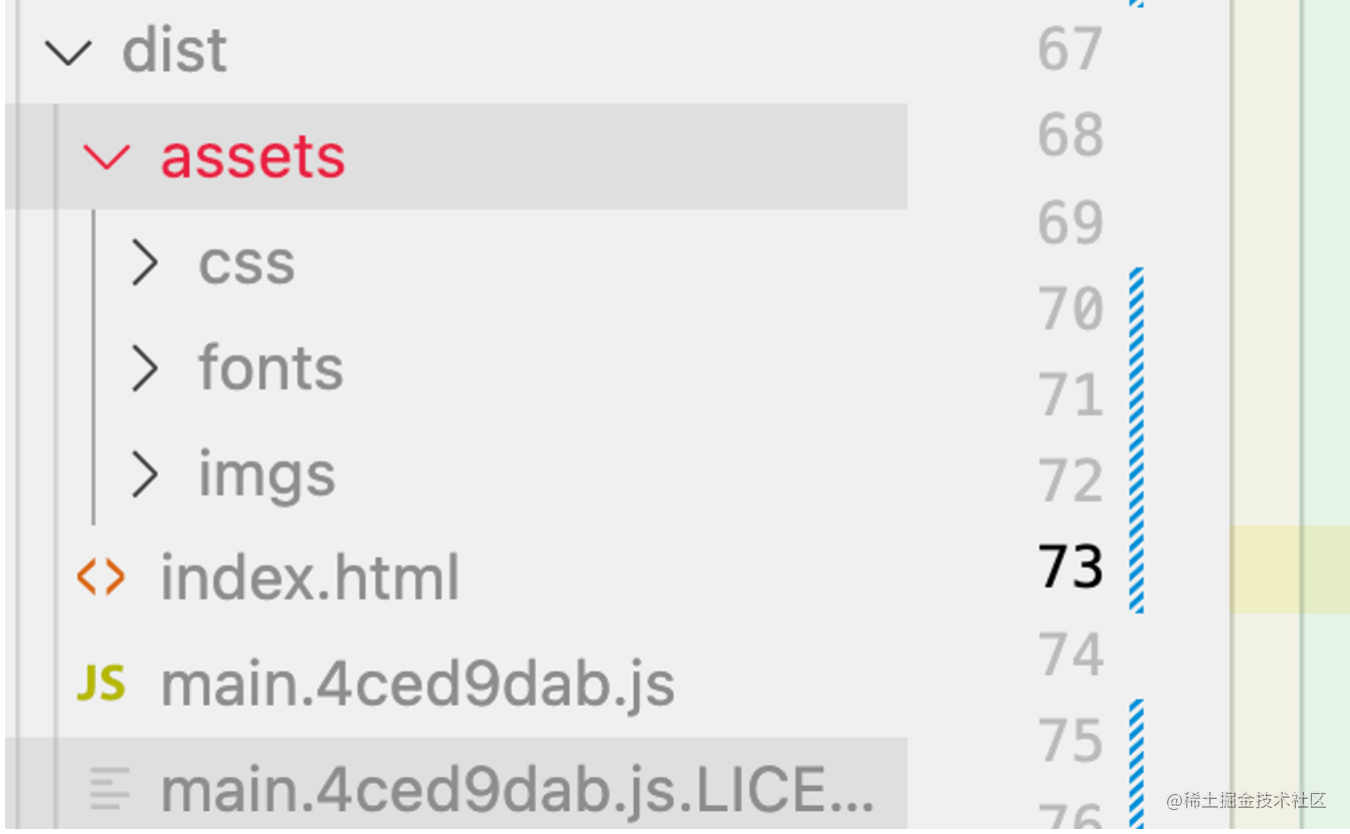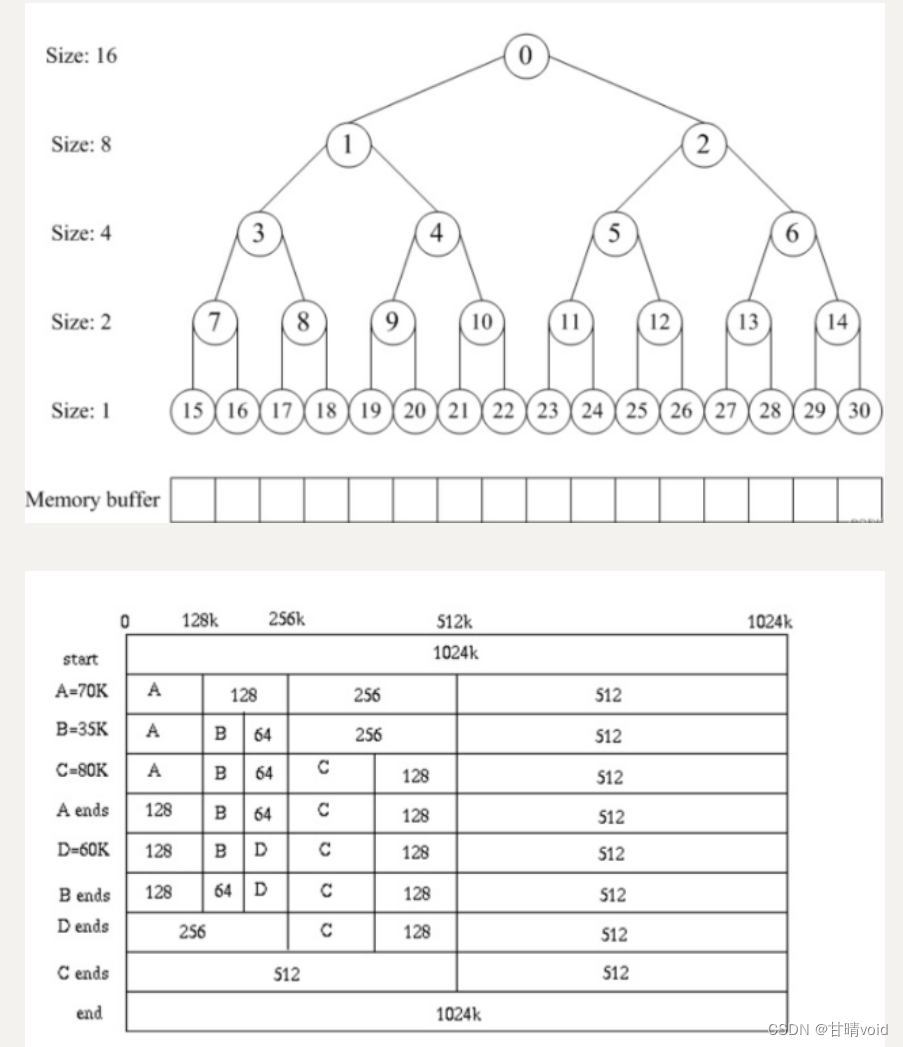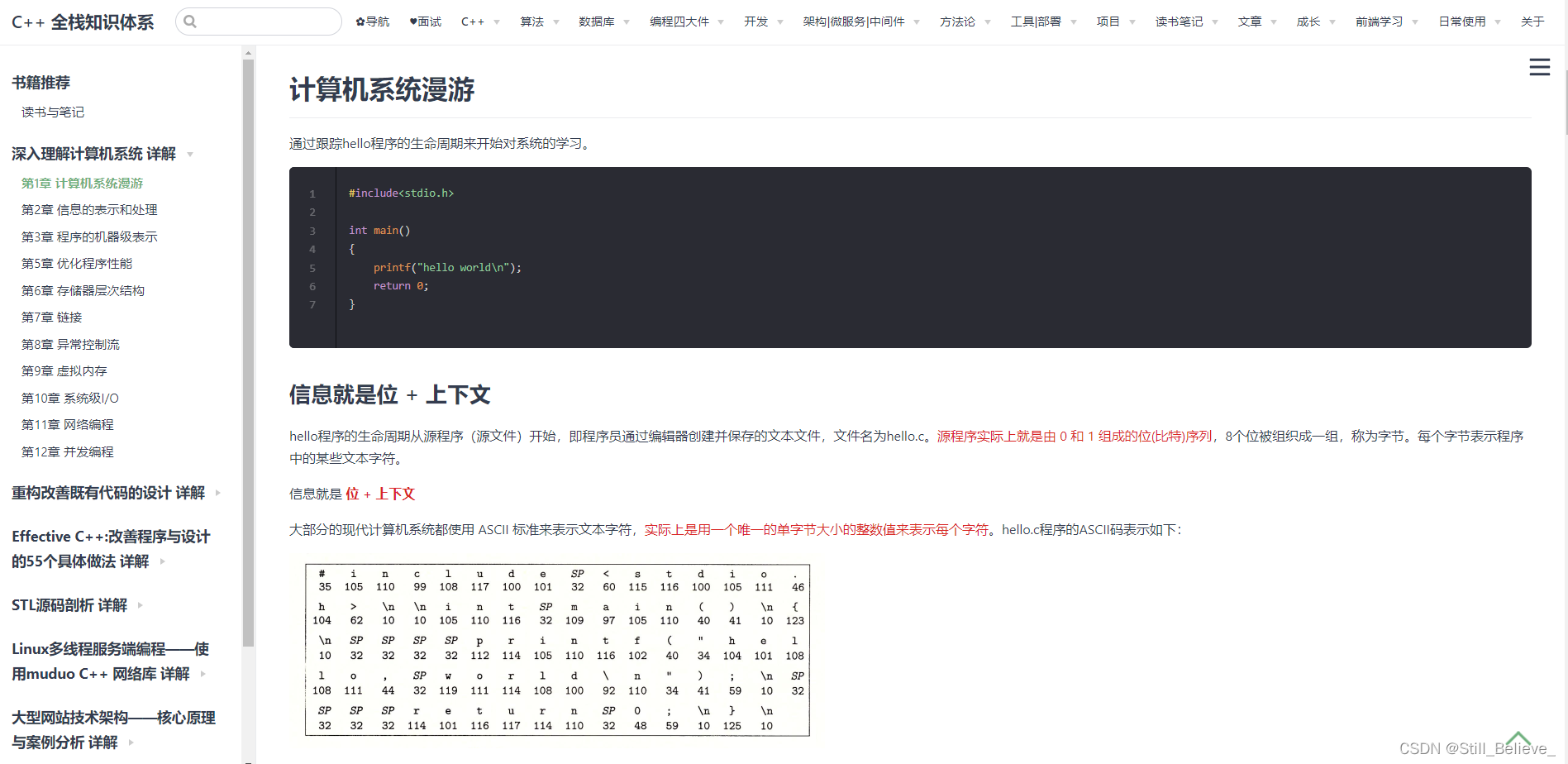一、list介绍
列表是序列容器,允许在序列内的任何位置执行恒定时间插入和擦除操作,以及双向迭代
列表容器作为双向链表实现;双向链表中每个元素存储在互不相关的独立节点中,在节点中通过指针指向其前一个和后一个元素
它们与forward_list非常相似:主要区别在于forward_list对象是单链表,因此它们只能向前迭代,从而更简单高效
与其他基本标准序列容器(array、vector和 deque)相比,list在任意位置进行插入、移除元素的执行效率更高
与其他序列容器相比,list和 forward_lists 的主要缺点是不支持任意位置的随机访问。例如,要访问列表中的第六个元素,必须从已知位置(如开始或结束)迭代到该位置,这需要这些元素之间的距离的线性时间。它们还会消耗一些额外的内存来保持与每个元素关联的链接信息(这也许是影响存储小数据的大list的因素)
二、list接口
详情可见
list - C++ Reference (cplusplus.com)![]() https://legacy.cplusplus.com/reference/list/list/
https://legacy.cplusplus.com/reference/list/list/
1.常见构造
| 函数名称 | 功能说明 |
| list (size_type n, const value_type& val = value_type()) | 构造的list中包含n个值为val的元素 |
| list() | 构造空的list |
| list (const list& x | 拷贝构造函数 |
| list (InputIterator first, InputIterator last) | 用[first, last)区间中的元素构造list |
2.容量操作
| 函数名称 | 接口说明 |
| empty | 检测list是否为空,是返回true,否则返回false |
| size | 返回list中有效节点的个数 |
3.访问与遍历
| 函数名称 | 接口说明 |
| begin+end | 返回第一个元素的迭代器+返回最后一个元素下一个位置的迭代器 |
| rbegin+rend | 返回第一个元素的reverse_iterator,即end位置。返回最后一个元素下一个位置的reverse_iterator,即begin位置 |
| front | 返回list的第一个节点中值的引用 |
| back | 返回list的最后一个节点中值的引用 |
begin与end为正向迭代器,对迭代器执行++操作,迭代器向后移动
rbegin与rend为反向迭代器,对迭代器执行++操作,迭代器向前移动
4.修改操作
| 函数名称 | 接口说明 |
| push_front | 在list首元素钱插入值为val的元素 |
| pop_front | 删除list中的第一个元素 |
| push_back | 在list尾部插入值为val的元素 |
| pop_back | 删除list最后一个元素 |
| insert | 在list position位置中插入值为val的元素 |
| erase | 删除list position位置的元素 |
| swap | 交换两个list中的元素 |
| clear | 清空list中的有效元素 |
5.list迭代器失效
三、list模拟实现
迭代器实现
iterator begin() { return iterator(_head->_next); }//匿名构造迭代器对象
iterator begin()const { return iterator(_head->_next); }返回值返回一个匿名对象构造的迭代器对象
为什么const还可以构造普通迭代器?
因为const修饰*this,也就是一个指针,指针本身不可以改变,但是可以对齐指针指向的内容修改。也就是_head本身不可以改变,但是_head指向的next可以改变
对于常量迭代器对象,可以采用重新实现普通迭代的方式,但是这种方式过于繁琐,并且与普通迭代器的事项方式基本相同,因此采用类模板多个参数的处理方式
//常量迭代器类
template<class T>
struct __list_const_iterator
{
typedef list_node<T> node;
typedef __list_const_iterator<T> self;//类对象本身
node* _node;
__list_const_iterator(node* n)//迭代器初始化
:_node(n)
{}
const T& operator* ()//不能修改数据
{
return _node->_data;
}
self& operator++()
{
_node = _node->_next;
return *this;
}
self& operator++(int)
{
self tmp(*this);
_node = _node->_next;
return tmp;
}
self& operator--()
{
_node = _node->_prev;
return *this;
}
self& operator--(int)
{
self tmp(*this);
_node = _node->_prev;
return tmp;
}
bool operator!=(const self& li)
{
return _node != li._node;
}
bool operator==(const self& li)
{
return _node == li._node;
}
};自定义类型处理
list中除了可以存储内置类型之外,还可以存放自定义类型数据,因此还需要对list的迭代器做自定义类型内容的处理
struct test_A
{
int _a1;
int _a2;
test_A(int a1=0, int a2=0)
:_a1(a1), _a2(a2)
{}
};
void test_2()
{
list<test_A> lt;//指定内部为自定义类型
lt.push_back(test_A(1, 1));
lt.push_back(test_A(2, 2));
lt.push_back(test_A(2, 2));
list<test_A>::iterator it = lt.begin();
while (it != lt.end())
{
cout << *it << " ";
it++;
}
cout << endl;
}
对于上图这样的一个简单自定义类型,如果仍然使用原来的迭代器输出方式,会产生报错
![]()
可将其改为
cout << (*it)._a1 << " ";但是显然这样的输出方式并不符合一般的书写模式,一般情况下访问指针对象的成员并不会先解引用再读取成员。而是直接使用->的方式,因此需要重载->操作符
T* operator->()//->运算符重载
{
return &_node->data
}
//此时的调用为
cout<<it->_a1<<" ";
//相当于it.operator->()->_a1,也就是(test_A*) ->_a1
//但是为了可读性编译器会自动省略一个箭头insert操作
与vector不同,list的insert操作传入的是迭代器,并且不会出现迭代器失效的位置,因为迭代器的相对位置并没有改变,指向也不改变
#pragma once
#include<iostream>
#include<assert.h>
using std::cout;
using std::endl;
namespace my_list
{
//节点类
template<class T>
struct list_node//默认访问权限是public,不对成员的访问限制
{
list_node<T>* _next;
list_node<T>* _prev;
T _data;
list_node(const T& x=T())//匿名对象做缺省值,T需要默认构造
:_next(nullptr), _data(x), _prev(nullptr)
{
}
};
//迭代器是原生指针或者是自定义类型
//普通迭代器类
template<class T,class Ref,class Ptr>
//Ref与Ptr是为了适用常量迭代器,Ref=T& Ptr=T*
struct __list_iterator
{
typedef list_node<T> node;
typedef __list_iterator<T,Ref,Ptr> self;//类对象本身
node* _node;
__list_iterator(node* n)//迭代器初始化
:_node(n)
{}
Ref operator* ()
//常量迭代器与普通迭代器只有返回值不同
{
return _node->_data;
}
Ptr operator->()
{
return &_node->_data;
}
self& operator++()//返回迭代器类对象
{
_node = _node->_next;
return *this;
}
self& operator++(int)//int只用于标识后置++
{
self tmp(*this);
_node = _node->_next;
return tmp;
}
self& operator--()
{
_node = _node->_prev;
return *this;
}
self& operator--(int)
{
self tmp(*this);
_node = _node->_prev;
return tmp;
}
bool operator!=(const self& li)
{
return _node != li._node;
}
bool operator==(const self& li)
{
return _node == li._node;
}
};
//链表类
template<class T>
class list
{
typedef list_node<T> node;//节点
public:
typedef __list_iterator<T,T&,T*> iterator;//普通迭代器
typedef __list_iterator<T, const T&,const T*> const_iterator;//常量迭代器
//typedef __list_const_iterator<T> const_iterator;//常量迭代器
void empty_init()
{
_head = new node;
_head->_next = _head;
_head->_prev = _head;
}
list()
{
empty_init();
}
template<class Iterator>
list(Iterator first, Iterator last)
{
empty_init();//空初始化
while (first != last)
{
push_back(*first);
first++;
}
}
void swap(list<T>& tmp)//套用std库中的swap方便实现拷贝
{
std::swap(_head, tmp._head);
}
list(const list<T>& cst)//拷贝构造
{
empty_init();
list<T> tmp(cst.begin(), cst.end());
swap(tmp);
}
list<T>& operator=(list<T> lt)//赋值构造
//如果引用传参会导致拷贝
{
swap(lt);
return *this;
}
~list()
{
clear();
delete _head;
_head = nullptr;
}
//迭代器
iterator begin() { return iterator(_head->_next); }//匿名构造迭代器对象
const_iterator begin()const { return const_iterator(_head->_next); }
iterator end() { return iterator(_head); }
const_iterator end()const { return const_iterator(_head); }
//增删查改
void push_back(const T& x)
{
node* tail = _head->_prev;
node* newnode = new node(x);
tail->_next = newnode;
newnode->_prev = tail;
newnode->_next = _head;
_head->_prev = newnode;
newnode->_data = x;
}
//void push_back(const T& x)
//{
// insert(end(), x);
//}
void push_front(const T& x)
{
insert(begin(), x);
}
void pop_back()
{
erase(--end());
}
void insert(iterator pos,const T& x)
{
node* cur = pos._node;
node* prev = cur->_prev;
node* new_node = new node();
prev->_next = new_node;
new_node->_prev = prev;
new_node->_next = cur;
cur->_prev = new_node;
new_node->_data = x;
}
iterator erase(iterator pos)
{
assert(pos != end());
node* prev = pos._node->_prev;
node* next = pos._node->_next;
prev->_next = next;
next->_prev = prev;
delete pos._node;
return iterator(next);
}
void clear()
{
iterator it = begin();
while (it != end())
{
it=erase(it);
}
}
private:
node* _head;//哨兵位,不含数据
};
template<typename T>
void show(const list<T>& ls)
{
//auto it = ls.begin();
//while (it != ls.end())
//{
// cout << *it << " ";
// ++it;
//}
//cout << endl;
for (auto ch : ls)
{
cout << ch << " ";
}
cout << endl;
}
void test_1()
{
list<int> l1;
l1.push_back(1);
l1.push_back(2);
l1.push_back(3);
l1.push_back(4);
show(l1);
const list<int> lt1;
//const对象在定义的时候是不具有const属性的,否则无法进行初始化
list<int> l2;
l2 = l1;
show(l2);
list<int> l3 = l1;
show(l3);
}
struct test_A
{
int _a1;
int _a2;
test_A(int a1=0, int a2=0)
:_a1(a1), _a2(a2)
{}
};
void test_2()
{
list<test_A> lt;//指定内部为自定义类型
lt.push_back(test_A(1, 1));
lt.push_back(test_A(2, 2));
lt.push_back(test_A(3, 3));
list<test_A>::iterator it = lt.begin();
while (it != lt.end())
{
//cout << (*it)._a1 << " ";
cout << it->_a1 << " " << it->_a2 <<endl;
it++;
}
cout << endl;
}
void test_3()
{
list<test_A> lt;
lt.push_back(test_A(1, 1));
lt.push_back(test_A(2, 2));
lt.push_back(test_A(3, 3));
lt.insert(lt.begin(), test_A(5,5));
list<test_A>::iterator it_2 = lt.begin();
while (it_2 != lt.end())
{
//cout << (*it)._a1 << " ";
cout << it_2->_a1 << " " << it_2->_a2 << endl;
it_2++;
}
}
}